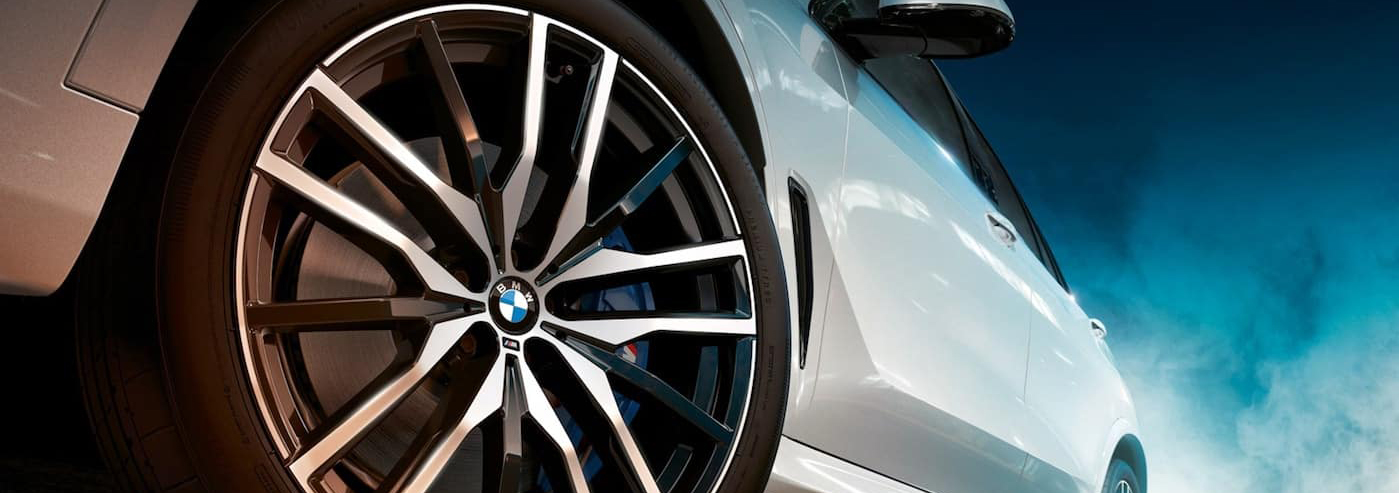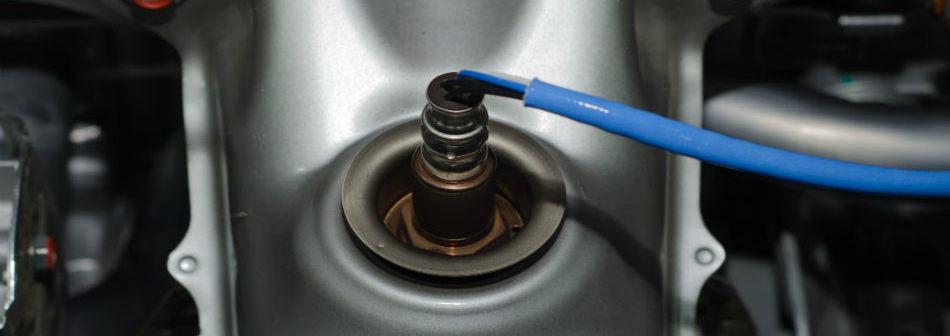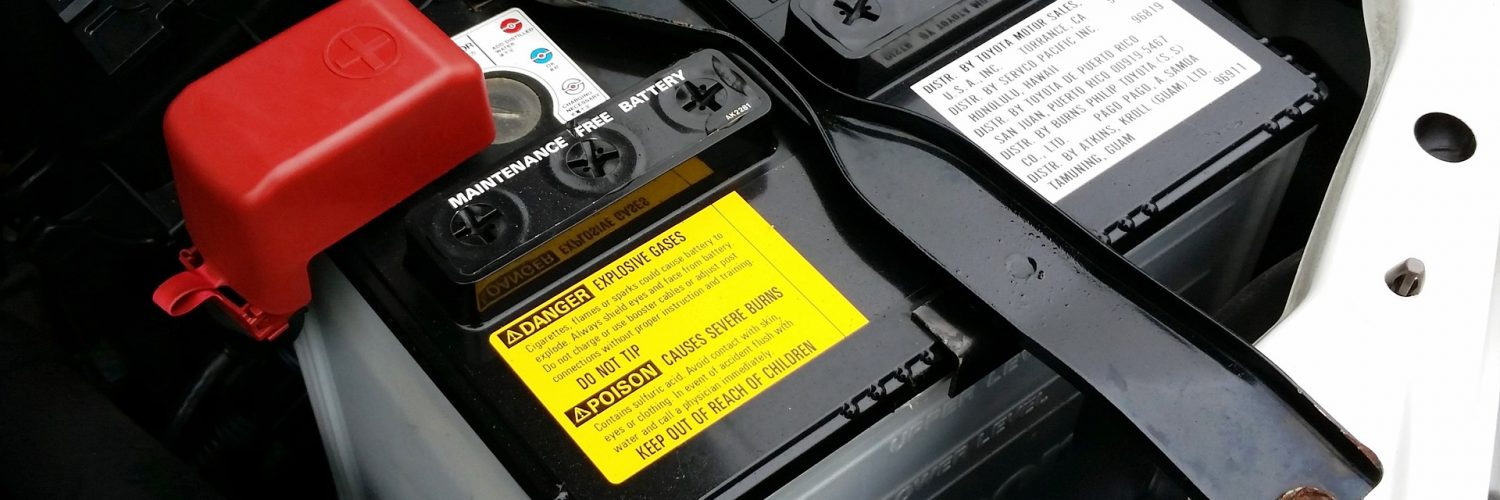
1.1 Clean fuel system regularly
Add high-quality fuel system cleaner at regular intervals (once every 20,000 km). It effectively removes gum and carbon deposits from the combustion chamber, intake and exhaust valves, injectors and fuel pipe while the vehicle is running. Keep all fuel parts clean.
The cleaner can also break down the water in the fuel, increase the fuel grade and reduce harmful emissions. It should be used at all times, especially after pumping poor-quality fuel.
1.2 Change bad driving habits
Bad driving habits bring about high fuel consumption. You may be used to driving at idle for a long time, speeding up and braking in a hurry, shifting gears too high or too low, over-speeding frequently or driving at too-low speed. These habits are culprits of high fuel consumption.
The engine's fuel consumption is much greater when idling at a stop than when running. It is best to turn off the engine when not driving the vehicle for so long, for example, when parking for a long time and waiting for someone.
The gentle, smooth driving is the most fuel-efficient. Avoid slamming on the accelerator at the start. The smooth acceleration at a constant speed is the best way.
1.3 No use of poor-quality petrol
Poor quality petrol directly affects fuel consumption. As time goes by, it produces more impurities than good fuel, making it easier to block the fuel pipe, resulting in an incorrect air-fuel ratio.
The overly rich mixture can be discharged without sufficient combustion, increasing fuel consumption. It is important to pump the right fuel.
1.4 Avoid scram and emergency start whenever possible
Soft and smooth driving is the most fuel-efficient. In the starting phase, try to avoid slamming on the accelerator. The correct way is to accelerate smoothly, while after reaching a certain speed, you should keep driving as evenly as possible.
When driving on busy roads, look ahead and avoid braking sharply. This not only saves fuel but also extends the service life of your vehicle.
1.5 Keep an appropriate driving speed
Every car has its economic speed. Keeping it at the economic speed is the most fuel-efficient. Generally speaking, cars are most fuel-efficient at 70-90 km/h.
When driving at high speed, the car's resistance increases significantly (mainly air resistance). Statistically, the fuel consumption increases by 25% when the vehicle increases to 110 to 120 km/h.

1.6 Keep normal tyre pressure
Insufficient tire pressure increases rolling resistance considerably. Tyre deflection or excessive wear may also increase fuel consumption.
Therefore, it is advisable to check tire pressure once a month and change tire positions as required. In addition, use radial tires, which save 6%-8% fuel compared to bias tires.
1.7 Choose a reasonable route
Low speed and heavy loads are the most fuel-intensive of all the engine operating conditions. Driving on city roads, where there are many cars and busy roads, requires frequent starting and stopping, which consumes a lot of fuel.
Therefore, before each trip, drivers should make a good driving plan, know the conditions of the roads they are traveling on, and avoid passing through busy roads during peak traffic hours to avoid wasting fuel and time in traffic jams.
Even if you are driving on the road you are familiar with, you should always listen to road reports on traffic radio to get the latest information and keep driving smoothly.
1.8 Avoid long engine idling
The engine's fuel consumption when idling at parking is much greater than normal driving. Therefore, it is best to turn off the engine when not driving for a long time, for example, when parking and waiting for someone.
Do not warm up the car for more than 1 minute during cold starting. Just keep it at a low speed for a few minutes.
2. Car maintenance
2.1 Replace spark plugs regularly
As we all know, the spark plug produces spark to ignite the air-fuel mixture with high voltage electricity. Ordinary spark plugs only last 30-50,000 km. Iridium spark plugs last about 50-80,000 km, and platinum spark plugs can go up to 100,000 km.
If not replaced with care, the ignition energy will drop, and the air-fuel mixture can't be ignited completely, resulting in slower acceleration and higher fuel consumption.
2.2 Pay attention to petrol quality and carbon deposits
Bad fuel increases carbon deposits. Too much carbon will rough up the intake pipe, affecting the intake and mixture, sharply increasing fuel consumption. Therefore, for the sake of your car's service life, give it good petrol. Also, make sure you clean the carbon deposits every six months.
2.3 Replace oxygen sensor every 80000 to 110000 km
The oxygen sensor is located on the engine exhaust pipe. It detects and controls the ratio of oxygen to fuel. After a long period of use, the computer of the electronic fuel injection system does not get information about the oxygen concentration in the exhaust pipe.
The air-fuel mixture in the engine tends to be rich, which also increases fuel consumption. Therefore, it is advisable to replace the oxygen sensor every 80000 - 110000 km.

2.4 Check tire pressure and tire wear
Check the wear and tear of your tires from time to time. Badly worn tires make the car slip, and fuel consumption will increase. It's reasonable to go for a new set of tires every 50000 km.
In addition, if you notice a significant reduction in the car's sliding distance while driving, it is time to check the air pressure in tires.
Low pressure increases the friction between the tires and the ground. The resistance becomes greater, and fuel consumption rises. The normal tire pressure is around 2.5 bar, which can be reduced by 0.1 bar in summer.
2.5 Don't leave the air conditioning on for too long
Some car owners often leave the air conditioning on after getting into the car. However, a long time of the air conditioning can cause excessive pressure in the condenser, which can cause wear and tear on the cooling system.
The air conditioning is a heavy burden on the engine, and the engine itself is a heat generator, not to mention in hot weather.
Some small-displacement automobiles may even boil under such circumstances, which affects driving and reduces the efficiency of the air conditioning. Therefore, it is not advisable to use the air conditioning for too long at a time.
If the temperature inside the car has reached a comfortable temperature, you can turn it off and turn it on again at intervals.
2.6 Regular battery replacement
The vehicle battery controls the car's electrical circuit. It is closely related to the fuel pipe. This is because the battery is usually depleted after 2-3 years of use, which leads to insufficient starting voltage and a weak motor, resulting in low ignition power and a spike in fuel consumption.
So don't assume that just because the battery is not broken, you can continue to use it. To reduce unnecessary fuel consumption, you must replace the battery regularly.

2.7 Avoid parking in the sun for too long
Try to park in the shade to avoid direct sunlight so that the temperature inside the car does not get too high. Applying film to your car is an effective way to prevent the sun.
A good quality film reflects light effectively, blocks UV rays from the sun, and decreases the temperature inside the car.
For more practical skills on testing and maintaining auto parts, don’t forget to look at other blogs. You can find everything to keep the engine running smoothly, over at Delcoribo.
 Lauritz Carolsfeld
Lauritz Carolsfeld  March 12, 2022
March 12, 2022